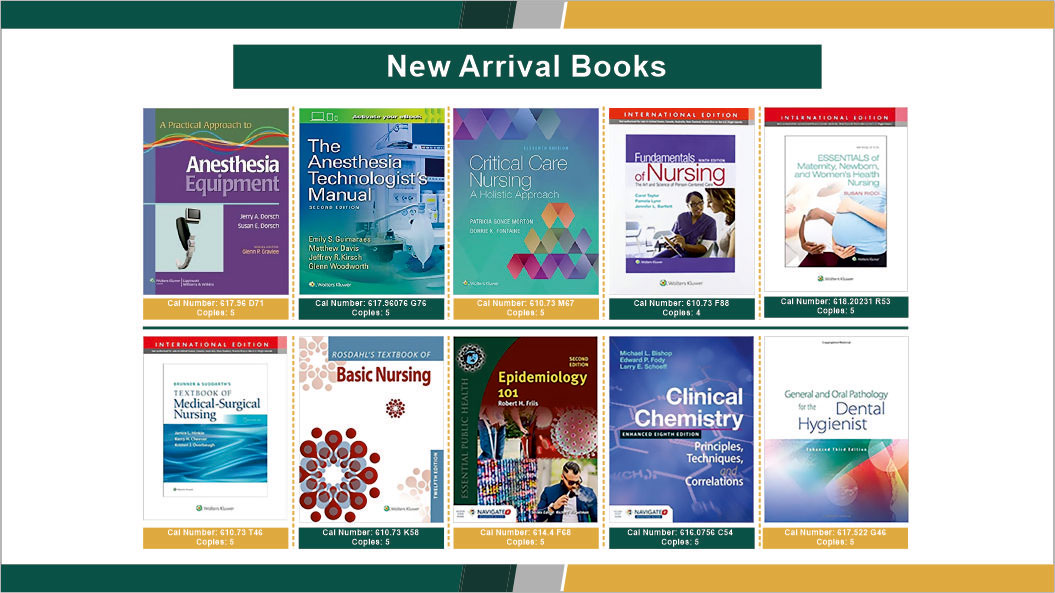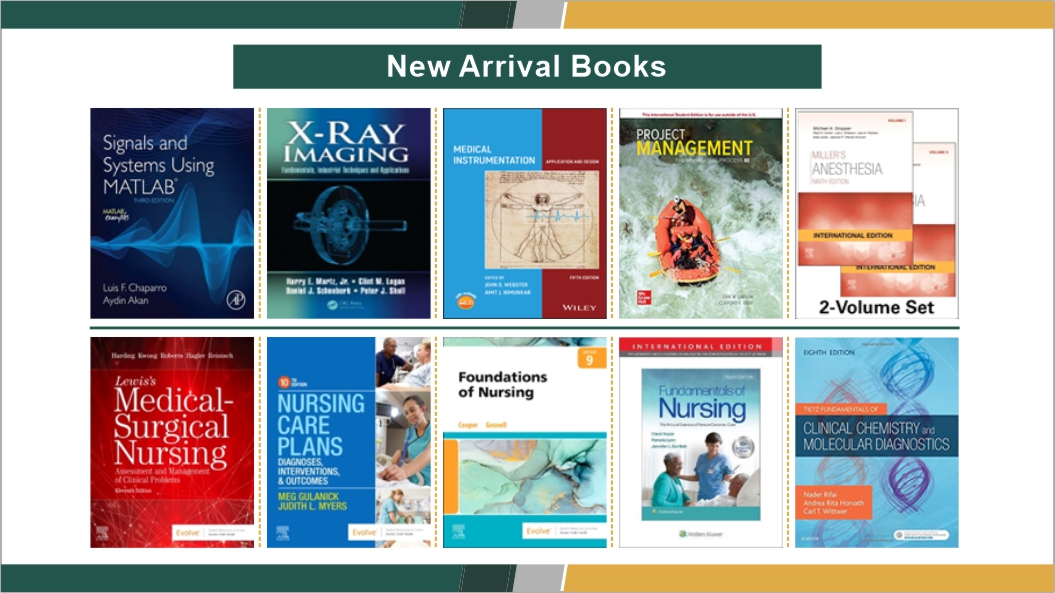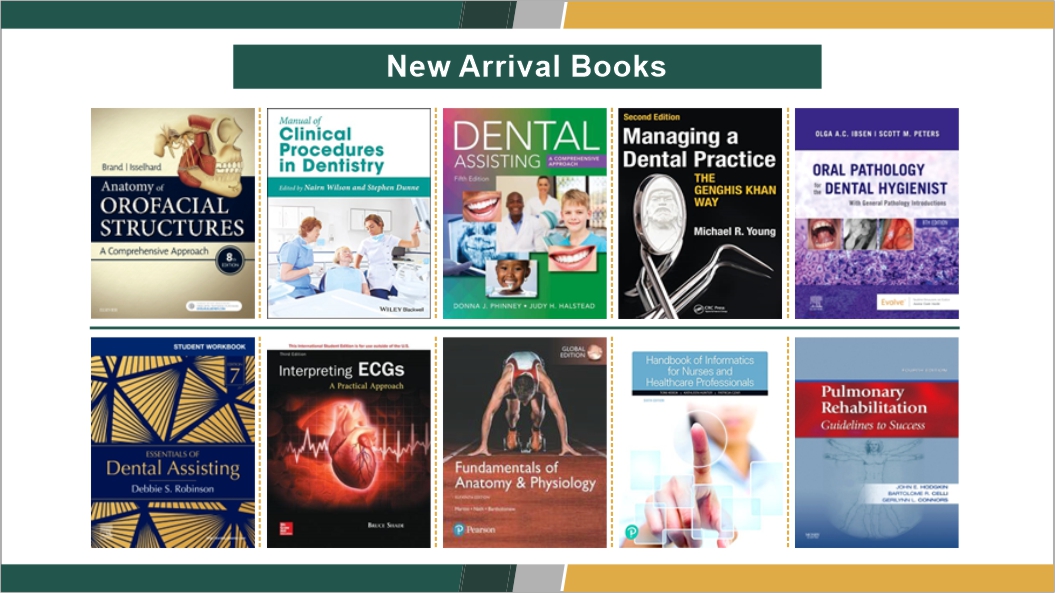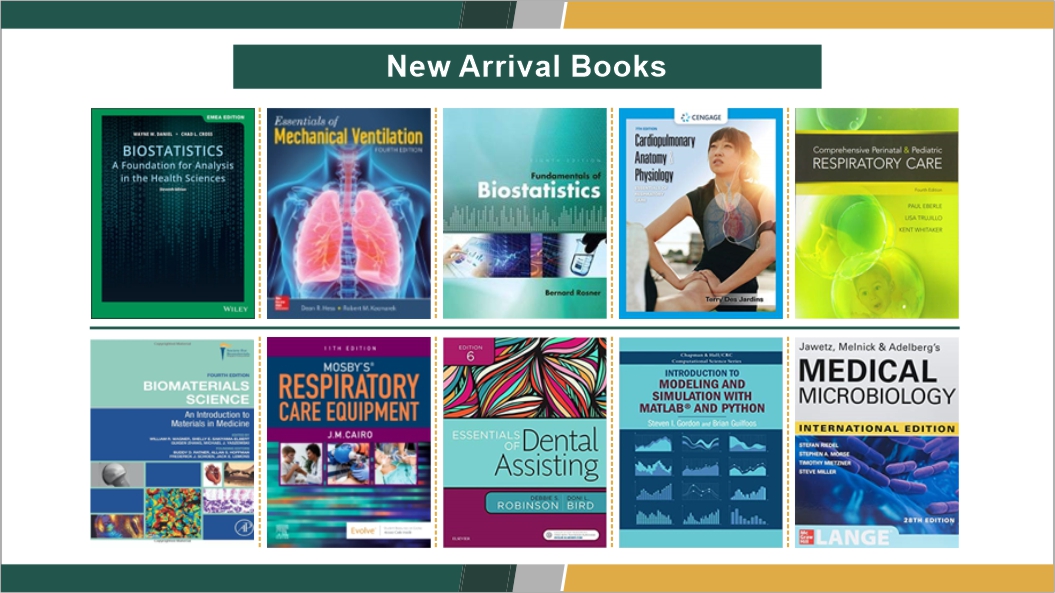
Essentials of epidemiology in public health /
Material type: TextPublication details: Burlington, MA : Jones & Bartlett Learning, c2014Edition: 3rd edDescription: xvii, 526 p. : ill., maps ; 23 cmISBN: 9781449657338 (pbk.); 1449657338 (pbk.); 9781284028911Subject(s): Epidemiology | Public health | Social medicine | Epidemiologic Methods | Epidemiologic FactorsDDC classification: 614.4
TextPublication details: Burlington, MA : Jones & Bartlett Learning, c2014Edition: 3rd edDescription: xvii, 526 p. : ill., maps ; 23 cmISBN: 9781449657338 (pbk.); 1449657338 (pbk.); 9781284028911Subject(s): Epidemiology | Public health | Social medicine | Epidemiologic Methods | Epidemiologic FactorsDDC classification: 614.4
Contents:
Summary: "Tested in the authors' courses at Boston University and Harvard University, this Third Edition combines theory and practice in presenting traditional and new epidemiologic concepts. Broad in scope, the text opens with five chapters covering the basic epidemiologic concepts and data sources. A major emphasis is placed on study design, with separate chapters devoted to each of the three main analytic designs: experimental, cohort, and case-control studies. Full chapters on bias, confounding, and random error, including the role of statistics in epidemiology, ensure that students are well-equipped with the necessary information to interpret the results of epidemiologic studies. An entire chapter is also devoted to the concept of effect measure modification, an often-neglected topic in introductory textbooks. Up-to-date examples from the epidemiologic literature on diseases of public health importance are provided throughout the book"--
The approach and evolution of epidemiology -- Measures of disease frequency -- Comparing disease frequencies -- Sources of public health data -- Descriptive epidemiology -- Overview of epidemiologic study designs -- Experimental studies -- Cohort studies -- Case-control studies -- Bias -- Confounding -- Random error -- Effect measure modification -- Critical review of epidemiologic studies -- The epidemiologic approach to causation -- Screening in public health practice -- Ethics in research involving human participants -- Answers to chapter questions.
| Item type | Home library | Collection | Call number | Status | Date due | Barcode | Item holds |
|---|---|---|---|---|---|---|---|
 Books
Books
|
Prince Sultan Military College of Health Sciences, Library | Health Information Management | 614.4 A83 (Browse shelf (Opens below)) | Available | 0000000027165 | ||
 Books
Books
|
Prince Sultan Military College of Health Sciences, Library | Health Information Management | 614.4 A83 (Browse shelf (Opens below)) | Available | 0000000027166 | ||
 Books
Books
|
Prince Sultan Military College of Health Sciences, Library | Health Information Management | 614.4 A83 (Browse shelf (Opens below)) | Available | 0000000027167 | ||
 Books
Books
|
Prince Sultan Military College of Health Sciences, Library | Health Information Management | 614.4 A83 (Browse shelf (Opens below)) | Checked out | 24/01/2021 | 0000000027168 | |
 Books
Books
|
Prince Sultan Military College of Health Sciences, Library | Health Information Management | 614.4 A83 (Browse shelf (Opens below)) | Available | 0000000027169 |
Total holds: 0
Includes bibliographical references and index.
The approach and evolution of epidemiology -- Measures of disease frequency -- Comparing disease frequencies -- Sources of public health data -- Descriptive epidemiology -- Overview of epidemiologic study designs -- Experimental studies -- Cohort studies -- Case-control studies -- Bias -- Confounding -- Random error -- Effect measure modification -- Critical review of epidemiologic studies -- The epidemiologic approach to causation -- Screening in public health practice -- Ethics in research involving human participants -- Answers to chapter questions.
"Tested in the authors' courses at Boston University and Harvard University, this Third Edition combines theory and practice in presenting traditional and new epidemiologic concepts. Broad in scope, the text opens with five chapters covering the basic epidemiologic concepts and data sources. A major emphasis is placed on study design, with separate chapters devoted to each of the three main analytic designs: experimental, cohort, and case-control studies. Full chapters on bias, confounding, and random error, including the role of statistics in epidemiology, ensure that students are well-equipped with the necessary information to interpret the results of epidemiologic studies. An entire chapter is also devoted to the concept of effect measure modification, an often-neglected topic in introductory textbooks. Up-to-date examples from the epidemiologic literature on diseases of public health importance are provided throughout the book"--
















There are no comments on this title.